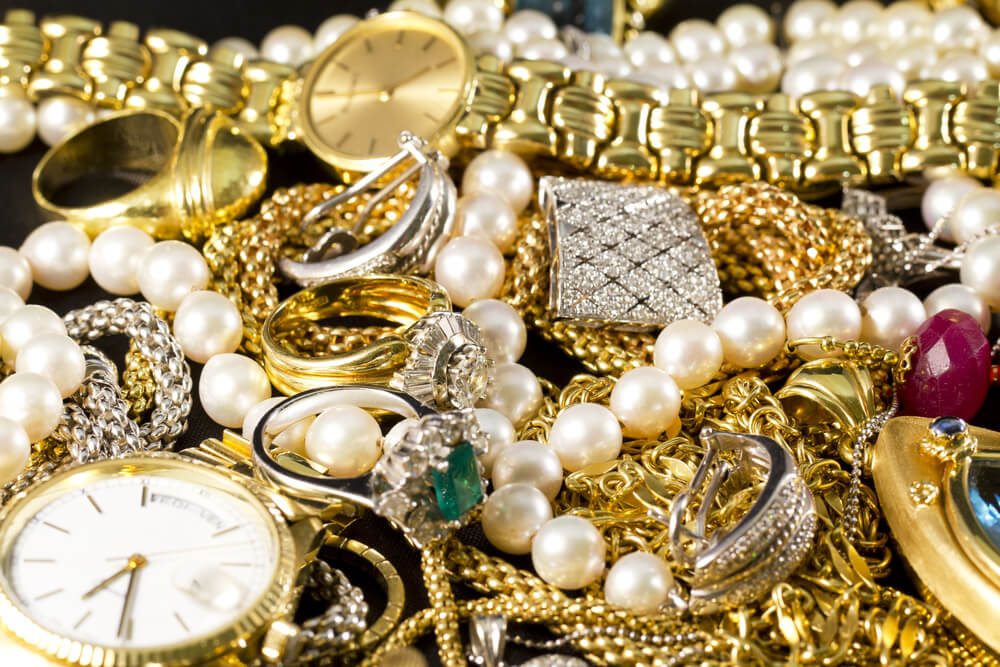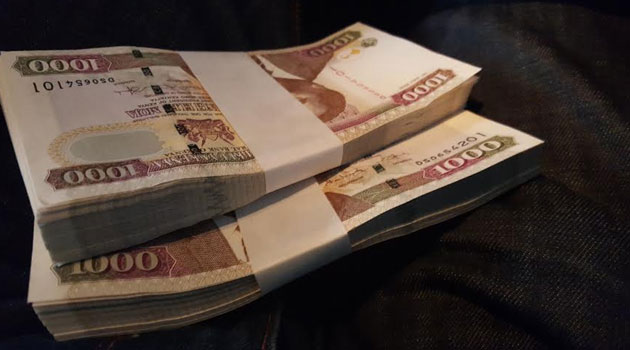
The only copy of your will.
No one but you, or a co-signer if you have one, can get into your safe-deposit box. Normally that’s a good thing. But if you die or become incapacitated, it can suddenly become a problem. In some Countries, safe-deposit boxes are sealed when the owner dies. Banks can also make the process of gaining access to a loved one’s box difficult out of concern for their liability. Your heirs might need a court order to open the box. This can result in delays in settling your estate and even cause some of your last wishes to be ignored.

Valuables you haven’t inventoried.
A safe-deposit box is a smart place to store small valuables, such as heirloom jewelry and rare coins. But keep a list of what’s in there, ideally with photos and written appraisals for especially valuable items. Unlike bank and credit union accounts, safe-deposit boxes are not federally insured, so you could be out of luck if your box is tampered with or destroyed in a fire or flood — rare but not unheard-of events. Your homeowner’s insurance policy may provide some coverage for the contents your safe-deposit box, but it’s likely to be modest, so ask your insurance agent about adding a personal article floater or endorsement to supplement it.

Cash.
Your money will be far safer in a federally insured bank or credit union account. It might even earn some interest. If you want access to emergencycash24/7, better to hide it somewhere at home.